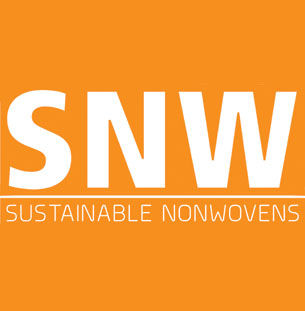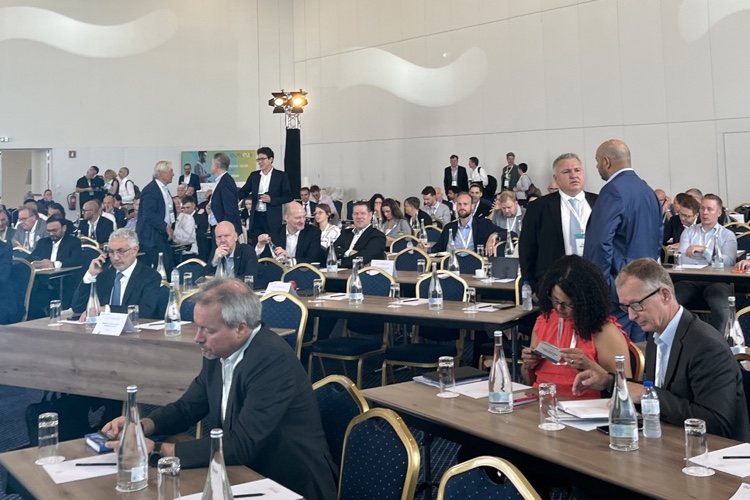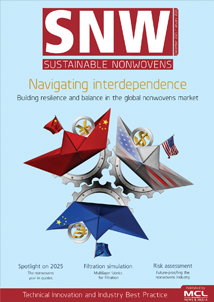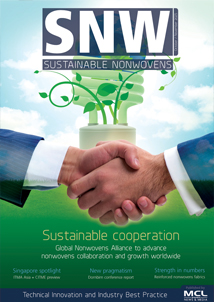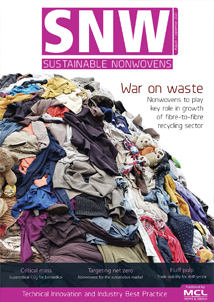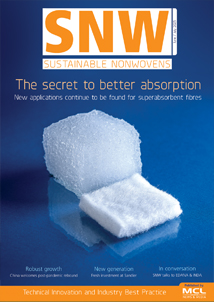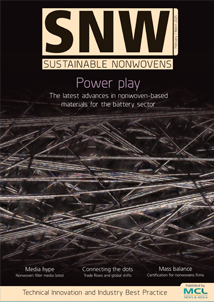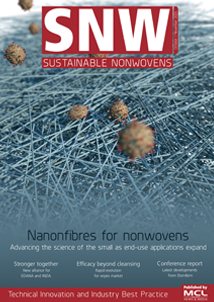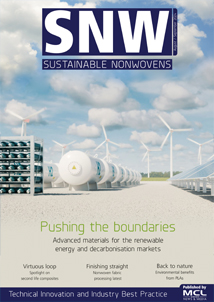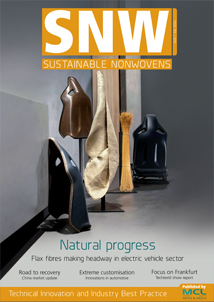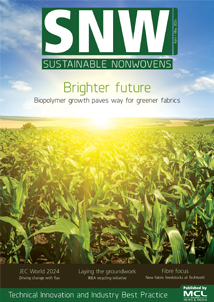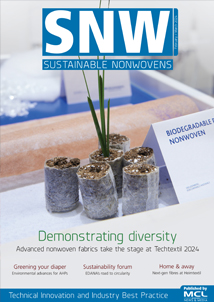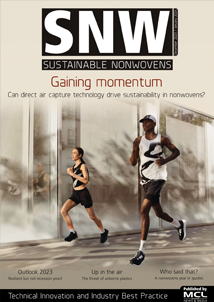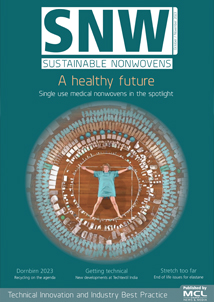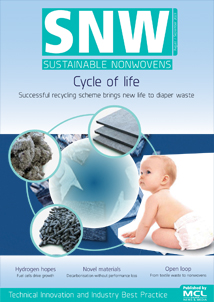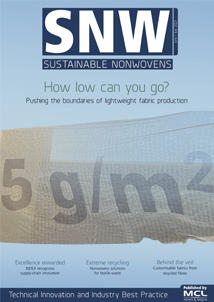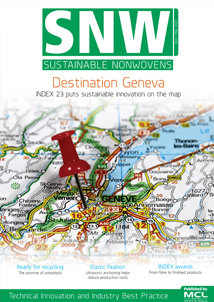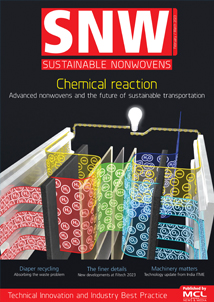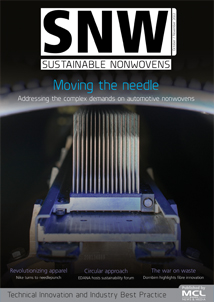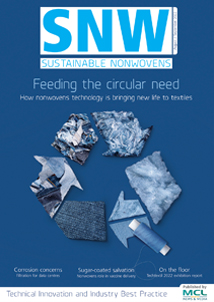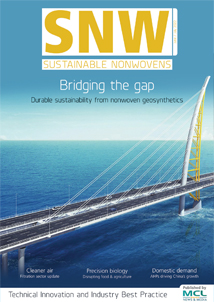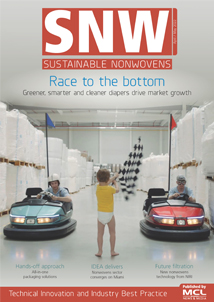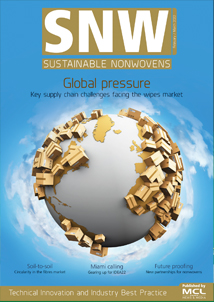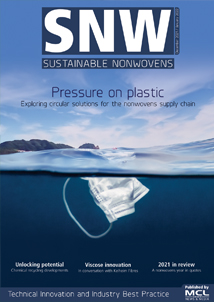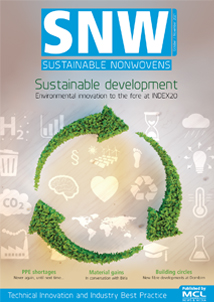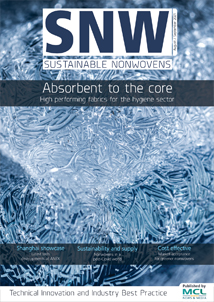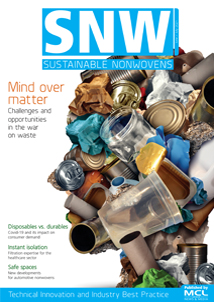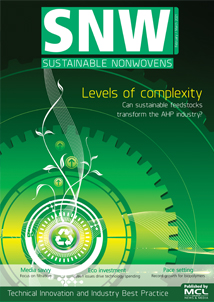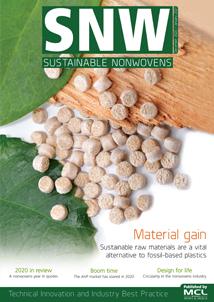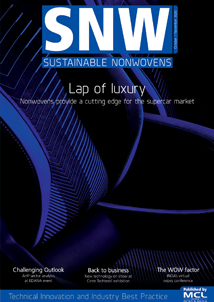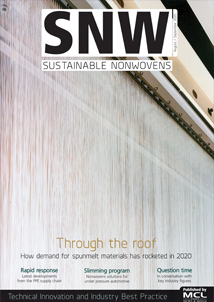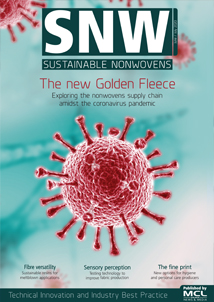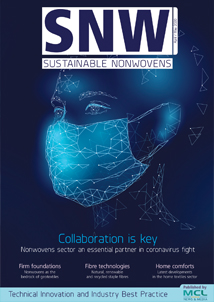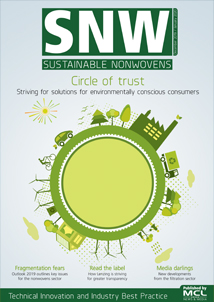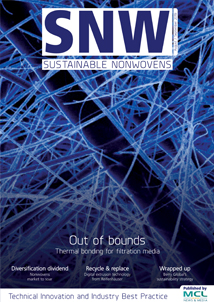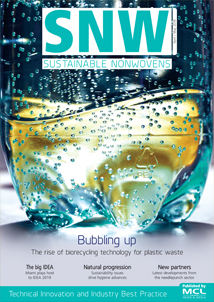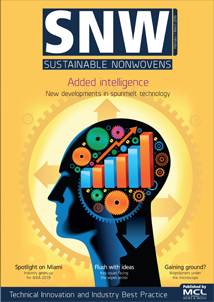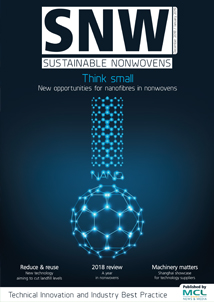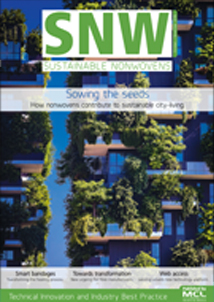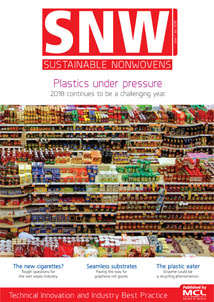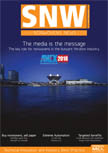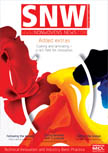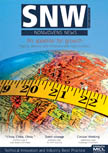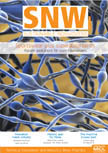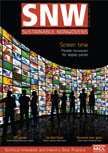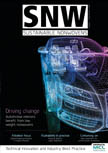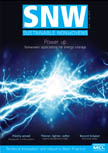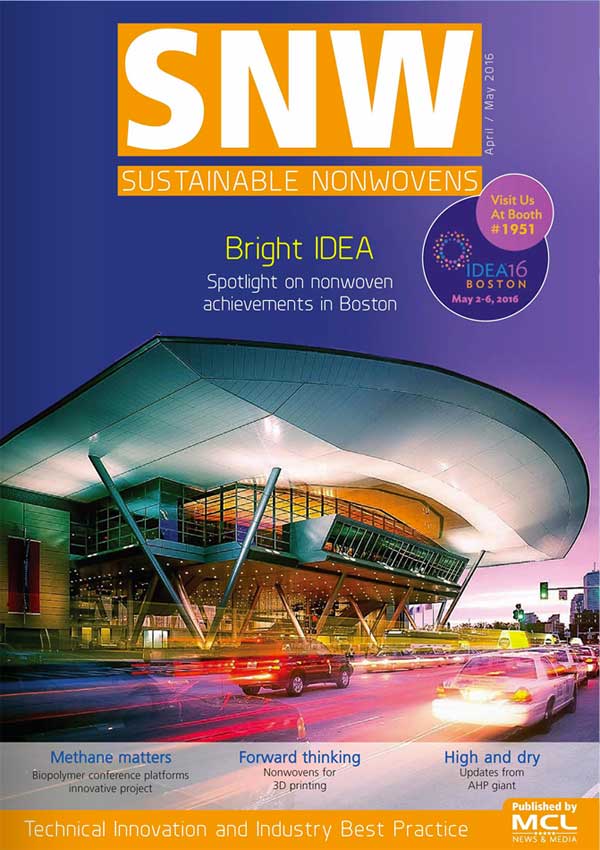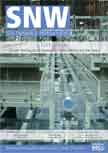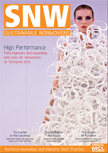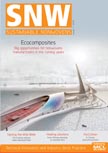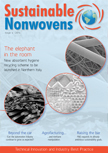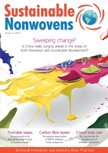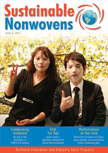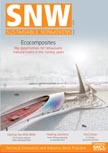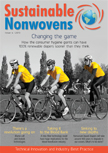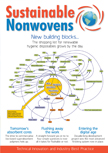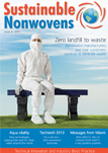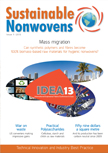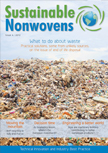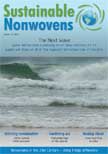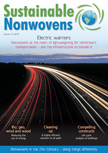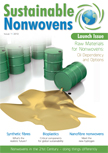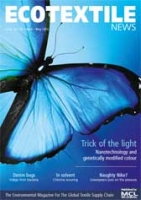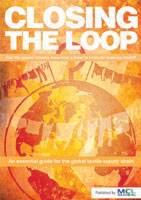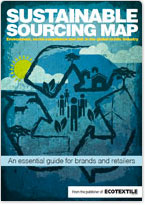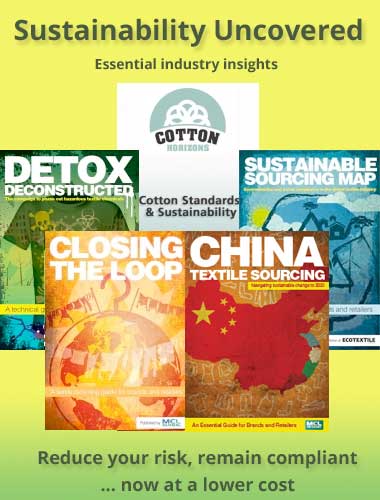BRUSSELS – EDANA’s 2024 Outlook conference, which is being held at the Cavalieri Waldorf Astoria Hotel in Rome, Italy, from September 24-26, will equip nonwovens industry professionals with the knowledge and tools they need to navigate a complex and evolving landscape.
A particular emphasis will be on the market for absorbent hygiene products (AHPs) and the legal framework governing it, and over the course of its three days, the conference will offer participants insights into the driving forces shaping the market, emerging trends in sustainability and the strategic adaptations required to comply with new EU regulations.
Outlook 2024 will open with a keynote presentation from Joachim De Vos, co-chair and managing partner of Living Tomorrow.
De Vos will outline the common challenges companies face when trying to innovate and offer lessons learned from past failures. This will set the tone for the conference by framing innovation as both a necessity and a challenge, requiring careful planning and execution to succeed.
Professor Sarah Harper from the University of Oxford will then provide another keynote on global population trends and adress the issues of a potential ‘baby bust’, as well the expected longevity of future generations and if they are likely to be characterised by improved health or increasing frailty.
Per Brandberg of Euromonitor International will provide an analysis of the performance of AHPs and disposable wipes, covering both current market conditions and the future outlook and exploring the trends and challenges manufacturers and retailers will face in the coming years. An emphasis will again be on how regulatory changes and consumer behaviour will shape the future of these product categories.
No compromise
The focus will then turn to innovation and ecodesign in AHPs and stakeholders from across the value chain will share their experiences in developing new materials that improve the sustainability profile of hygiene products without compromising quality. The challenges of sourcing sustainable materials, substantiating environmental claims and navigating the regulatory landscape, which increasingly mandates eco-friendly product design, will be fully explored. Presenters including Dr Asta Partanen of the nova-Institute and Fater’s Michele Mazzeo will discuss the potential of renewable materials such as cellulosic fibres and biodegradable components which have the capacity to transform the AHP sector.
The discussion will also highlight the growing influence of EU regulations, such as the Ecodesign and Green Claims directives.
Europe and China
The second day of the conference will open with a keynote presentation by James Kynge, Europe-China correspondent for the Financial Times, who will provide a global perspective on market trends with a particular focus on the interplay between Europe and China.
Returning to the EU’s legal framework, a high-level session will be dedicated to understanding the new General Product Safety Regulation (GPSR) and other key regulatory developments. As the regulatory environment becomes more complex, nonwoven producers must adapt to stricter safety and environmental standards, particularly in respect of the use of recycled content and trace chemicals. Speakers including Özlem Arız of Kimberly Clark and Bart Waterschoot of Ontex will discuss strategies for ensuring compliance with these regulations. The session will emphasise the importance of clear communication and collaboration across the supply chain to ensure regulatory changes are implemented efficiently and that all stakeholders are aligned in their efforts to meet the new standards.
The growing market for washable absorbent underwear will be a further timely topic. Experts will share insights into the demographic shifts driving demand for these reusable products, as well as the technological advancements that are making them a viable alternative to traditional disposable products.
Wet wipes
On the final day of the conference, the focus will shift to the wet wipes market. The environmental impact of wet wipes has come under increasing scrutiny from both regulators and environmental groups and the industry faces significant pressure to reduce their environmental footprint.
A key aspect of the discussion will be the recent UK ban on plastic in consumer wet wipes, which has set a precedent for other markets considering similar regulations. Panelists will explore the industry’s response to the ban and the lessons learned from it.
The full Outlook 2024 conference programme can be accessed here.
